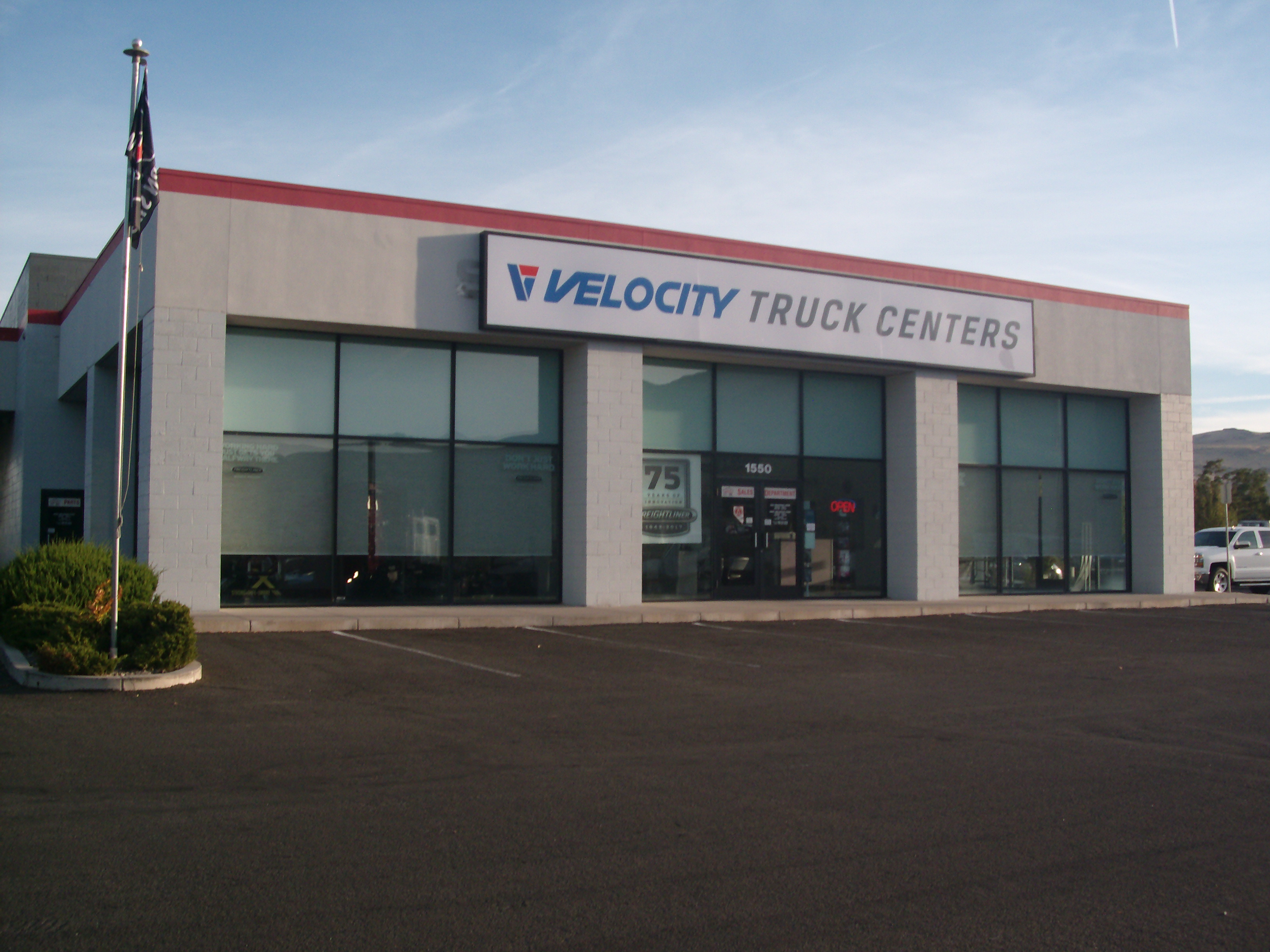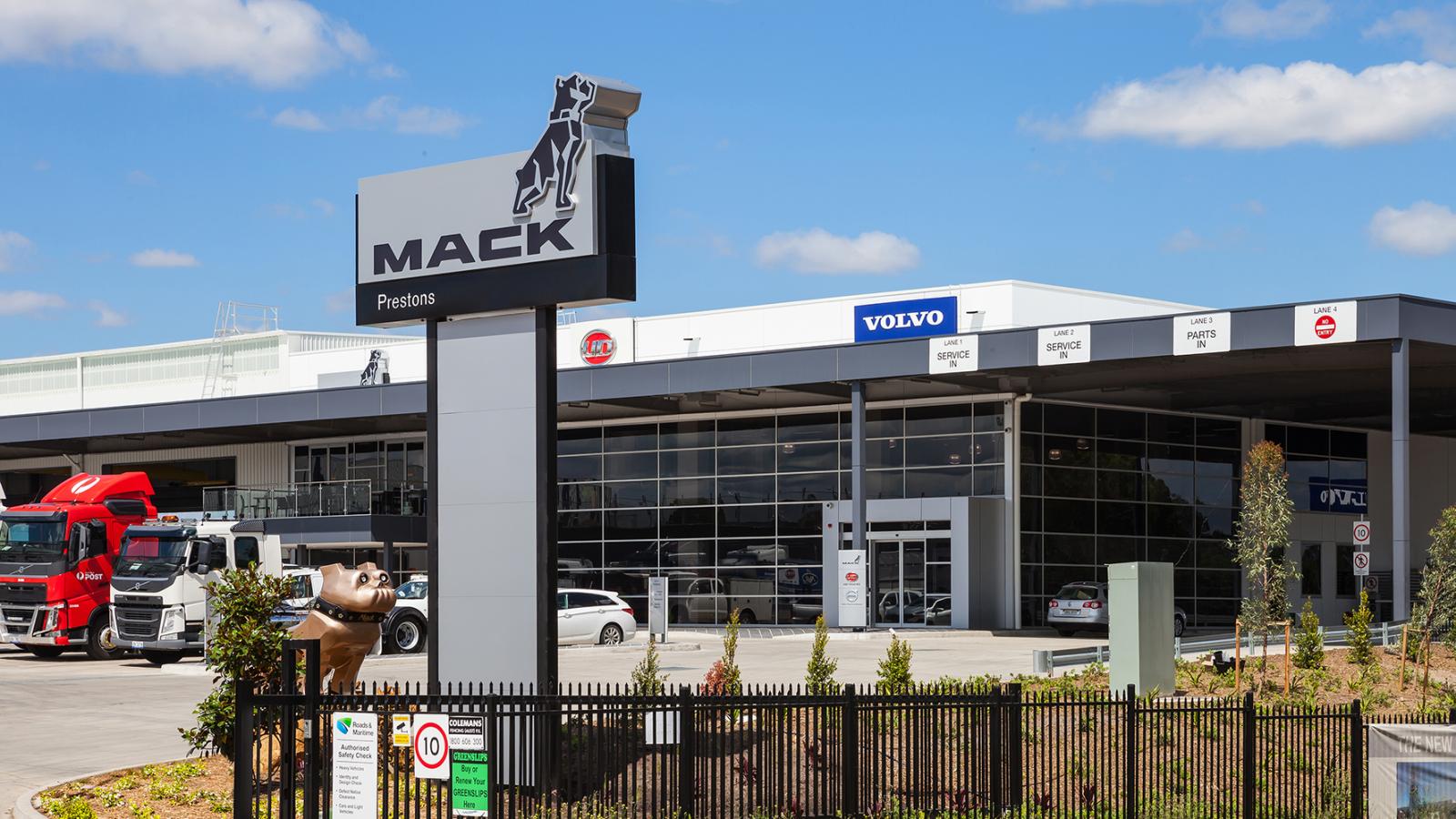Introduction: Powering Industries, One Truck at a Time
Truck dealerships are more than just places to buy vehicles; they are vital hubs that fuel industries and empower businesses. From small landscaping companies to massive construction firms, the right truck is an essential tool for getting the job done. Navigating the world of truck dealerships, however, can be daunting. With a vast array of makes, models, configurations, and financing options, making an informed decision requires understanding the intricacies of the market. This comprehensive guide will provide you with the knowledge and insights necessary to confidently choose the perfect truck to meet your specific needs and budget.
Truck Dealership: Your Comprehensive Guide to Finding the Right Workhorse
1. Understanding the Truck Dealership Ecosystem:
A truck dealership is a business specializing in the sale, service, and financing of new and used trucks. Unlike car dealerships, truck dealerships often cater to commercial and industrial clients, understanding the unique demands placed on these vehicles. Here's a breakdown of the key functions of a truck dealership:
- Sales: This is the core function, involving the sale of new and used trucks. Sales representatives guide customers through the selection process, understanding their needs and presenting suitable options.
- Service and Maintenance: Dealerships offer comprehensive service departments, equipped to handle everything from routine maintenance (oil changes, tire rotations) to major repairs (engine overhauls, transmission replacements). Factory-trained technicians are crucial for maintaining the integrity of the truck's warranty.
- Parts Department: Supplying genuine manufacturer parts is essential for maintaining truck performance and longevity. Dealerships stock a wide range of parts and accessories.
- Financing: Most dealerships offer financing options, working with banks and lenders to secure loans for truck purchases. This can simplify the buying process and provide access to competitive interest rates.
- Leasing: Leasing is an increasingly popular option for businesses, offering predictable monthly payments and the ability to upgrade vehicles more frequently.
- Body Shops: Some dealerships have in-house body shops or partnerships with local repair facilities to handle collision repairs and bodywork.

2. Defining Your Needs: What Truck Do You Really Need?
Before stepping foot in a dealership, it's crucial to define your specific requirements. Consider these factors:
- Usage: What will the truck be used for? Hauling cargo, towing equipment, transporting passengers, or a combination of these?
- Payload Capacity: How much weight will the truck need to carry regularly? This is a critical factor in determining the appropriate truck class (light-duty, medium-duty, heavy-duty).
- Towing Capacity: If towing is required, what is the maximum weight of the trailer or equipment? Consider the Gross Combined Weight Rating (GCWR).
- Terrain: Will the truck be used primarily on paved roads, off-road, or a combination? This will influence the choice of drivetrain (2WD, 4WD, AWD) and suspension.
- Fuel Efficiency: Fuel costs can be a significant expense, especially for long-haul operations. Research the fuel economy ratings of different trucks and engine options.
- Cab Configuration: Choose the cab configuration (regular cab, extended cab, crew cab) based on the number of passengers you need to accommodate.
- Bed Length: Select the appropriate bed length based on the size and type of cargo you'll be hauling.
- Budget: Determine your budget range, including the purchase price, taxes, registration fees, and insurance costs.
- Lifecycle: How long do you plan to keep the truck? This will influence whether leasing or buying is the better option.


3. Exploring Truck Classes and Types:
Trucks are categorized by their Gross Vehicle Weight Rating (GVWR), which is the maximum permissible weight of the vehicle and its load.
- Light-Duty Trucks (Class 1-2): GVWR up to 10,000 lbs. Examples: Ford F-150, Chevrolet Silverado 1500, Ram 1500, Toyota Tundra. These are suitable for personal use, light hauling, and towing.
- Medium-Duty Trucks (Class 3-6): GVWR 10,001-26,000 lbs. Examples: Ford F-250/F-350/F-450/F-550, Chevrolet Silverado 2500/3500, Ram 2500/3500. These are used for commercial purposes, such as construction, landscaping, and delivery services.
- Heavy-Duty Trucks (Class 7-8): GVWR over 26,001 lbs. Examples: Semi-trucks, dump trucks, garbage trucks, concrete mixers. These are designed for heavy hauling and demanding applications.
Within each class, there are various types of trucks:
- Pickup Trucks: The most common type, featuring an open cargo bed.
- Cab & Chassis Trucks: Trucks with a cab and a bare chassis, allowing for customization with various bodies (flatbeds, dump beds, service bodies).
- Box Trucks: Enclosed cargo areas, ideal for delivery services.
- Dump Trucks: Designed for hauling and dumping loose materials like gravel and sand.
- Semi-Trucks: Used for long-haul transportation of goods.
4. Navigating the Dealership: Tips for a Successful Visit:
- Research: Before visiting, research different truck models, specifications, and pricing online.
- Prepare Questions: Write down a list of questions to ask the sales representative.
- Test Drive: Always test drive the truck to assess its handling, comfort, and performance.
- Inspect Thoroughly: Carefully inspect the truck for any signs of damage or wear and tear.
- Negotiate: Don't be afraid to negotiate the price. Research comparable vehicles and use that information as leverage.
- Read the Fine Print: Carefully review the purchase agreement before signing.
- Consider Extended Warranties: Extended warranties can provide peace of mind and protect against unexpected repair costs.
5. Financing and Leasing Options: Weighing the Pros and Cons:
- Financing: Buying a truck involves securing a loan from a bank, credit union, or the dealership's finance department.
- Pros: Ownership, potential for tax deductions, build equity.
- Cons: Higher upfront costs, depreciation, responsibility for maintenance and repairs.
- Leasing: Leasing allows you to use a truck for a fixed period (typically 2-5 years) in exchange for monthly payments.
- Pros: Lower upfront costs, predictable monthly payments, ability to upgrade to a newer model more frequently.
- Cons: No ownership, mileage restrictions, penalties for excessive wear and tear.
6. Used Truck Considerations: Finding Value in Pre-Owned Vehicles:
Buying a used truck can be a cost-effective option, but it's essential to exercise caution.
- Inspection: Have a qualified mechanic inspect the truck before you buy it.
- Vehicle History Report: Obtain a vehicle history report (e.g., Carfax) to check for accidents, damage, and odometer discrepancies.
- Mileage: Consider the mileage and the overall condition of the truck.
- Maintenance Records: Review the maintenance records to see if the truck has been properly maintained.
- Warranty: Check if the truck is still under warranty or if an extended warranty is available.
7. Potential Challenges and Solutions:
- High Prices: Truck prices can be high, especially for new models. Solution: Consider buying a used truck or negotiating the price.
- Financing Difficulties: Securing financing can be challenging, especially for businesses with limited credit history. Solution: Shop around for different lenders and consider a co-signer.
- Maintenance Costs: Truck maintenance can be expensive. Solution: Choose a reliable truck and maintain it properly.
- Depreciation: Trucks depreciate over time. Solution: Research the depreciation rates of different models and choose one that holds its value well.
Table: Truck Dealership Price Comparison (Example)
| Make & Model | Class | GVWR (lbs) | Payload Capacity (lbs) | Towing Capacity (lbs) | Estimated Price (New) | Estimated Price (Used - 3 years old) | Key Features |
|---|---|---|---|---|---|---|---|
| Ford F-150 XLT | Light-Duty | 7,050 | 2,238 | 13,200 | $45,000 | $30,000 | Reliable, comfortable, good for everyday use and light hauling. |
| Ford F-250 XLT | Medium-Duty | 10,000 | 4,260 | 15,000 | $55,000 | $40,000 | More capable for heavier loads and towing than the F-150. |
| Ram 2500 Tradesman | Medium-Duty | 10,000 | 3,140 | 19,990 | $52,000 | $37,000 | Strong towing capabilities, comfortable ride for a heavy-duty truck. |
| Chevrolet Silverado 3500 HD | Medium-Duty | 13,025 | 7,442 | 20,000 | $60,000 | $45,000 | Excellent for heavy hauling and towing, robust engine options. |
| Freightliner Cascadia | Heavy-Duty | 80,000 | N/A | N/A | $180,000 | $120,000 | Designed for long-haul trucking, fuel-efficient, spacious cab. |
Frequently Asked Questions (FAQ):
- Q: What is the difference between GVWR and payload capacity?
- A: GVWR is the maximum permissible weight of the vehicle and its load. Payload capacity is the maximum weight the truck can carry in its cargo bed.
- Q: Should I buy or lease a truck?
- A: The best option depends on your specific needs and budget. Buying is better for long-term ownership, while leasing is better for short-term use and predictable monthly payments.
- Q: What is the best time to buy a truck?
- A: The end of the month, quarter, or year is often a good time to buy, as dealerships may be trying to meet sales quotas.
- Q: How can I negotiate the price of a truck?
- A: Research comparable vehicles, be prepared to walk away, and negotiate based on the total price, not just the monthly payment.
- Q: What should I look for when buying a used truck?
- A: Have a mechanic inspect the truck, obtain a vehicle history report, and review the maintenance records.
Conclusion: Driving Your Business Forward
Choosing the right truck is a critical investment that can significantly impact your business's efficiency and profitability. By understanding the different truck classes, defining your specific needs, and navigating the dealership process effectively, you can confidently select the perfect workhorse to drive your business forward. Remember to prioritize research, thorough inspection, and smart negotiation to ensure you get the best possible value for your investment. A well-chosen truck is not just a vehicle; it's a partner in your success.
